Diversity in the past
The materials in this section are all focused on the choices that teachers have to make about the substantive content of their curriculum. The diversity that all students encounter within the past – the range of specific individuals and groups of people about whom they learn – and the ways in which different topics are treated within the curriculum are known to impact on the extent to which young people engage with school history and on the connections that they see between past and present. The resources in this section illustrate different ways in which teachers have increased the diversity of their curriculum – paying more attention, for example, to women other than monarchs in the early modern period; examining the work of Black British civil rights campaigners; or questioning the stereotype of the English ‘Tommy’ in examining who fought for Britain on the Western Front. Teachers will need to develop their own subject knowledge if they are to teach more diverse pasts and many of these resources help to provide some of that new knowledge or show where it can be found.
-

How diverse is your history curriculum?
ArticleClick to view -
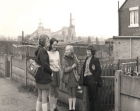
Beyond the bolt-on: placing local history at the heart of a diverse and decolonial curriculum
ArticleClick to view -

Whose past is it anyway? Telling Russian and Soviet history through diverse Jewish voices
ArticleClick to view -

Tracing the popular memory of Rosa Parks with Year 9
ArticleClick to view -

Shaping what matters: Year 9 decide why we should care about the Windrush scandal
ArticleClick to view -

What Have Historians Been Arguing About... Modern British LGBTQ+ history
ArticleClick to view -
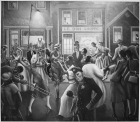
Lengthening Year 9’s narrative of the American civil rights movement
ArticleClick to view -

Cunning Plan... for studying medieval Ghana and Aksum
ArticleClick to view -

What Have Historians Been Arguing About... immigration in French history
ArticleClick to view -
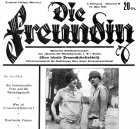
Triumphs Show: Recovering the queer history of Weimar Germany in GCSE history
ArticleClick to view -

Disability history resources
ArticleClick to view -
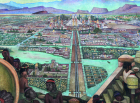
Year 7 challenge stereotypes about the Mexica
ArticleClick to view -

Move Me On 192: analytical focus with diverse histories
ArticleClick to view -
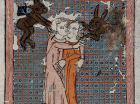
What Have Historians Been Arguing About... gender and sexuality
ArticleClick to view -

‘But they just sit there’: using objects as material culture with Year 8
ArticleClick to view -

Decolonising sources: helping Year 9 pupils critically evaluate colonial sources
ArticleClick to view -

Cunning Plan 191: diving deep into ‘history from below’ with Year 8
ArticleClick to view -
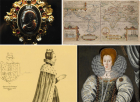
Inclusive approaches to teaching Elizabeth I at GCSE
Multipage ArticleClick to view -

Ensuring Gypsy, Roma and Traveller children do not feel unseen in the history classroom
ArticleClick to view -

Telling difficult stories about the creation of Bangladesh
ArticleClick to view

